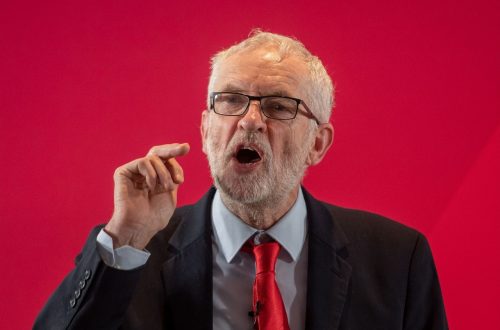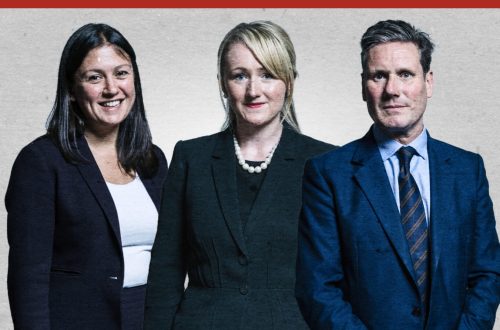In the Sunday Times, CRE chair Trevor Phillips calls for honesty in the debate about diversity in Britain today:
At the CRE we have taken to saying that in the 21st century there are only two big political questions: one is how we live with the planet, and the other is how we live with each other. If politicians can’t talk about this, then we can’t criticise them for being irrelevant.
The debate about how we live together in this rapidly changing Britain has to be conducted in plain English without any of the mealy-mouthed politeness that stops us openly speaking the secret “truths” that we might share with people who look like us: “Muslims hide terrorists”, “white women are slags”, “Jews control everything secretly”.
…
These words will of course be taken by some as a licence to offend; they should not be, as the CRE will use its powers strenuously against racist speech. But anything that forces us to address our prejudices publicly has to be an aid to integration. I prefer the person who tells me to my face that he dislikes or fears me because of my colour, than the hypocrite who smiles at me, then whispers slyly about “them” in the safety of his all-white circle of friends. For too long the far right and some racial and religious minority extremists have been able to peddle their lies without challenge, in the back rooms of pubs, in places of worship and even at the school gates. The opening up of the debate about difference is the most potent defence against bigotry; prejudice is a worm that thrives in the dark and shrivels in the daylight.
Using the example of the recent media frenzy over the niqab, he suggests:
Straw’s comments could have liberated us to say that sometimes we don’t like the way others behave, without turning it into an accusation about their faith or race. The so-called Muslim leaders who initially attacked Straw were wrong. They were overly defensive and need to accept that in a diverse society we should be free to make polite requests of this kind.
Then something went wrong. This important but fragile piece of ground that needed a gentle, nuanced discussion about how we talk to each other with respect in a diverse society turned into what the political folk call an air war, fought on TV studio couches and radio phone-ins across the land.
On one side of the trenches we have those who want a fully fledged auto-da-fé against British Muslims, in which anything any Muslim does or says must be condemned as a signal of their wilful alienation and separation; on the other hand the defensiveness of some in the Muslim communities has hardened into a sensitivity that turns the most neutral of comments into yet another act of persecution. This is not what anyone intended and it is the last thing Britain needs. This could be the trigger for the grim spiral that produced riots in the north of England five years ago. Only this time the conflict would be much worse. We need to chill.
Are these the words of a man “gone so far over to the other side that … soon he’ll be joining the BNP“?
It’s unsettling and there are people, notably the far right, ready to poison the communal well with sly attacks on anyone who can be painted as a “foreigner”. Even the “white” incomers bring their problems; the CRE is already receiving reports of eastern Europeans bringing pre-1960s attitudes from countries pervaded by deep racism, attacking black and Asian people in our streets.
The real problem that Britain faces is not Muslims’ way of life. Nor is it Islamophobia, poverty or foreign policy, although all these things are contributing to the turmoil. The real crisis is our failure to adjust to change in our society and our failure to find a civilised way of talking about our diversity.
He brings up a number of important issues in his article. Read it all and have your say in the comments.
In the spirit of Trevor Phillips’ plea for honesty, I’ll warn you now. Comments posted solely to add to the “air war” will be chopped. Ta.


